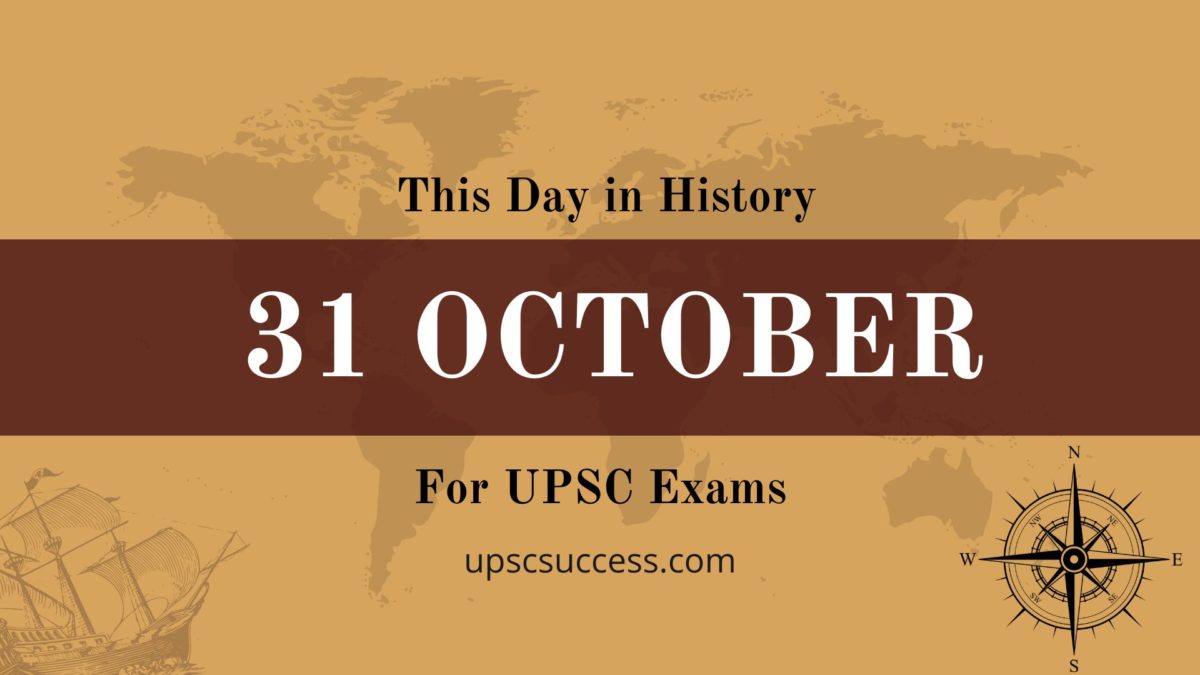Contents
This Day in History on 31 October
The historical events hold a lot of value for aspirants who are sitting for UPSC competitive exams including the IAS Exam.
On this page, we will list all historical events that occurred on 31 October. The students can refer to them while preparing for all competitive exams and banking exams.
Important Days
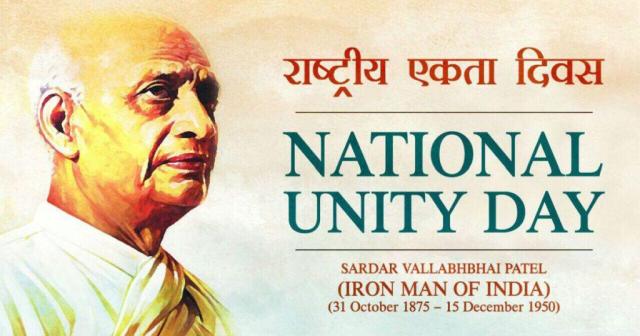
National Unity Day (India)
Important Events
1843: Tarkanath Gangopadhyay, first realistic social novelist of Bengal, was born.
1864: Nevada became the 36th state of the United States.
1876: A catastrophic cyclone in India killed more than 200,000 people.
1885: St. Stephen’s Hospital was opened. It was the first hospital for women and children at Delhi.
1903: The Purdue Wreck, a railroad train collision in Indianapolis, kills 17 people, including 14 players of the Purdue University football team.
1913: The Indianapolis Streetcar Strike and subsequent riot begins.
1914: Britain and France declared war against Turkey.
1920: All India Trade Union Congress (AITUC) was formed by Narayan Malhar Joshi, Lala Lajpat Rai, and others. Lala Lajpat Rai became the first president.
1920: Inaugural session of the All India Trade Union Congress was conducted in Bombay.
1941: Mount Rushmore monument was completed.
1955: The Prime Minister inaugurated the Cooperative Milk Producers’ Union factory at Anand, Gujarat.
1963: A propane tank explosion at the Indiana State Fair Coliseum (now the Indiana Farmers Coliseum) in Indianapolis kills 74 people and injures another 400 during an ice skating show.
1966: Delhi High Court was established.
1966: Mihir Sen swam Panama Canal in 34 hours 15 minutes.
1984: Indira Gandhi, India’s four-time prime minister, was gunned down by two members of her personal security guard as she walked from her home to her office in New Delhi. She died after four hours of emergency surgery. The only daughter of former Prime Minister Nehru was 66. Both of her attackers were identified as members of the Sikh religion. One was shot dead. The other was captured. Sikh extremists had threatened to kill Ms. Gandhi since she ordered the raid on their shrine in Amritsar. She had told an interviewer that she was not intimidated by the threats. ‘I am not afraid,’ she said. ‘I am frequently attacked’.
1984: Indian Prime Minister Indira Gandhi is assassinated by two Sikh security guards. Riots break out in New Delhi and other cities and around 3,000 Sikhs are killed.
1984: Rajiv Gandhi took over as the 6th Prime Minister of India. Rajiv Gandhi sworn in as Prime Minister of India by Gyani Zail Singh, President of India, at New Delhi. He held this office till December 1, 1989.
1987: Chetan Sharma became the first Indian to pick a hatrick of wickets (three wickets in a row) in the One Day International cricket match.
1991: Karsevaks’ hoist flags on Masjid in Ayodhya.
1994: American Eagle Flight 4184 crashes near Roselawn, Indiana killing all 68 people on board.
1996: Approved 65 countries required to implement the Chemical Weapons Restriction Treaty.
1999: Dr. S. S. Badrinath gets Dhanvantari Award.
1999: Shankar Dayal Sharma, former President, is conferred with the Indira Gandhi Award.
1999: The Ram Janmabhoomi Trust president ends fast in support of his eight-point demands including improvement of ‘puja’ and ‘darshan’ arrangements of ‘Ram Lala’ at the temple.
2000: Chhattisgarh, the 26th State of Indian Union, comes into existence with the swearing in of its Governor Dinesh Nandan Sahay and Chief Minister Ajit Jogi at a glittering function at Raipur.
2003: The 22-year-long rule of Malaysian Prime Minister Mahathir Muhammad came to an end.
2011: World population reached seven billion.
Birth/Birth Anniversary
1391: King Edward of Portugal.
1843: Tarkanath Gangopadhyay, first realistic social novelist of Bengal, was born.
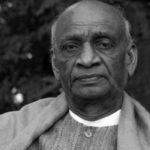
1858: Saint Geevarghese Mar Dionysius of Vattasseril, Indian Orthodox Saint (d. 1934)
1875: Vallabhbhai Patel, Indian lawyer, freedom fighter and politician, 1st Deputy Prime Minister of India (d. 1950). His father had served in the army of the Rani of Jhansi against Britishers.
1895: Cottari Kanakaiya Nayudu, India’s 1st Test captain was born in Nagpur.
1897: Chiang Kai-shek, the first Prime Minister of the Republic of China (Taiwan).
1919: Jaikisan Harivallabhdas, great industrialist, was born.
1922: Norodom Sihanouk, Cambodia’s first prime minister.
1926: Narinder Singh Kapany, an Indian-born American physicist known for his work in fiber optics.
1943: G. Madhavan Nair, former Chairman of Indian Space Research Organisation and Secretary to the Department of Space.
1943: Oommen Chandy, Indian statesman, Former Chief Minister of Kerala.
1961: Sarbananda Sonowal, Indian politician.
1983: Dharmesh Yelande, Indian dance choreographer.
1997: Marcus Rashford, an English professional footballer.
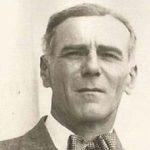
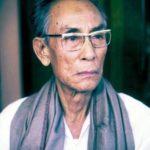
Death/ Death Anniversary
1929: Norman Pritchard, Indian-English hurdler and actor (b. 1877)
1975: Sachin Dev Burman, Indian composer and singer (b. 1906)
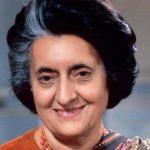
1984: Indira Gandhi, Indian politician, 3rd Prime Minister of India (b. 1917)
1990: M. L. Vasanthakumari, a Carnatic musician and playback singer.
1993: River Jude Phoenix, an American actor, musician, and animal activist.
1993: Federico Fellini, an Italian film director, and screenwriter.
2005: Amrita Pritam, Indian author and poet (b. 1919)
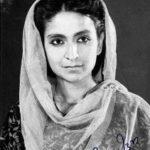
2006: Pieter Willem Botha, a South African politician, former Prime Minister of South Africa.
2009: Qian Xuesen, a Chinese mathematician, cyberneticist, aerospace engineer, and physicist.
2011: Jonas Kubilius, a Lithuanian mathematician.

